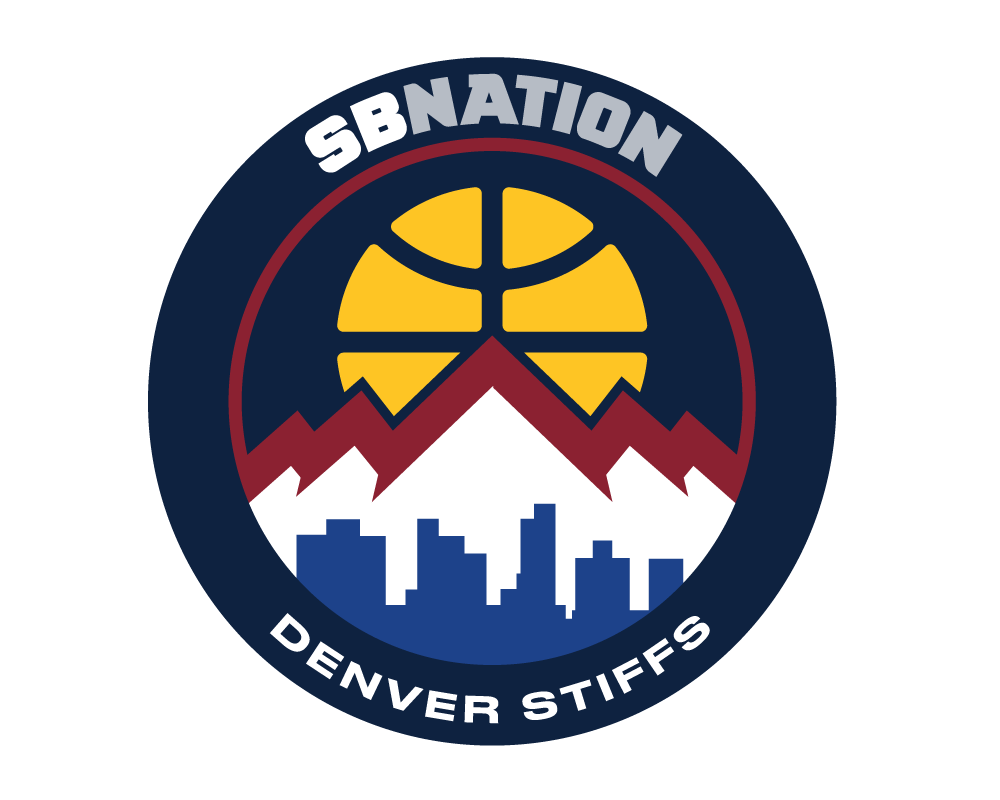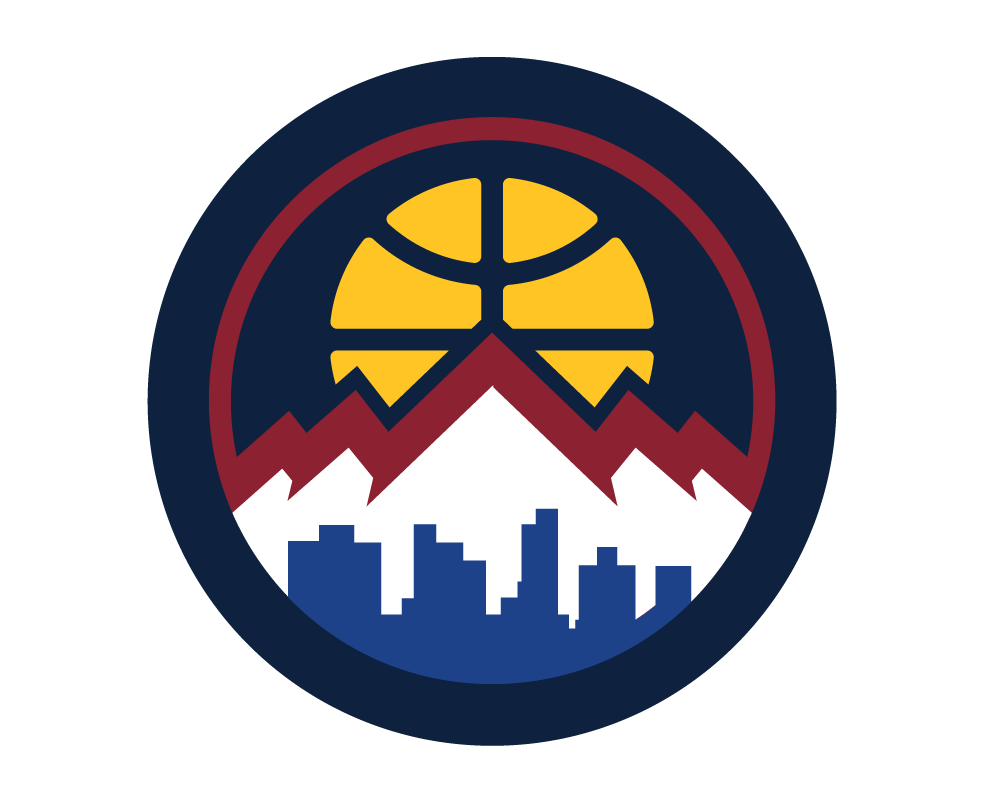I found the Tim Donaghy book at the library so I got it and read it. I wouldn't have bought the book.
The stuff that is the most damaging has been excerpted in reviews all over the internet, so I didn't read anything that was particularly surprising. One thing that the NBA likes to claim is that they have the best referees in the world, when in fact they a far from it as Donaghy shows. He illustrates that it's not how good you are that gets you in, it's who you know. Donaghy had connections through his father. How many juniors like Tommy Nunn jr. and Joe Borgia jr. have we seen in the NBA? Those guys would have never made it without their fathers being who they were. Donaghy got into the NBA after a little bit of men's rec, high school ball and two years in the Continental League. That's it. Some of the others got in with less experience than that. He says that the good college referees don't want to go to the NBA because they would have to take a pay cut. He highlights how the NBA happened to get the first women referees in major mens sports and as I contended at the time it wasn't because they were the best candidates available.
Donaghy confirms that NBA unwritten policy is that superstars do not foul out (David Lee: "That's my sixth foul!" Bill Spooner: "No it's not!") This unwritten policy is enforced by NBA memos and such to refs as to be on the look out for certain things happening with certain players. He describes how Dick Bavetta helps the losing team to prevent blow outs and to extend playoff series. He describes how the refs have little arguments or bets with each other about who will have the most traveling violations or fouls or whatever such that one referee will be working in favor of your team while the other is working against you, or the whole crew will be against you one night while the next crew will be working in your favor the next night. If only half of what he says is true, then NBA officiating has nothing to do with what is actually happpening on the court.
With these claims you have to wonder if Donaghy is telling the truth. The FBI tried to find situations where he was lying and couldn't do it. Donaghy even passed a polygraph test. Of course only idiots think a polygraph has any ability to determine if a person is lying or not. You might as well consult goat entrails or tarot cards or flip a coin as to do a polygraph test. He's probably one of those idiots who wouldn't have taken it if he was lying out of fear of the results. (Incidentally defense lawyers almost always have their clients take a polygraph test, if they pass they trumpet the results to the media and anyone who'll listen and if they fail they keep it secret about having taken it.) One thing is that Donaghy doesn't make excuses. He points out that other referees gamble, but he says he doesn't think that they ever bet on sports or any illegal gambling. He's definitely not trying to justify himself by saying that everyone does it.
After reading the book there's a distinct feeling that the NBA is more like professional wrestling than anything else. The only difference is that the players aren't in on the fix. Every time you're wondering why there was no call or why there was a phantom call or a bail out call, there's a reason having to do with it. Maybe the home team coach bought the refs lunch that day. Maybe they completely screwed over the star player in the last game against an Eastern team and now your Western team is having to pay for it as they are making it up to the player they screwed over the last time.
As far as books go it isn't very long and he certainly could have used a better ghost writer as the similes are strained. Occasionally he uses certain words in such a way that I don't think he knows what they mean. Otherwise it's an easy, short read that will change the way you watch the NBA (if this review hasn't already).



